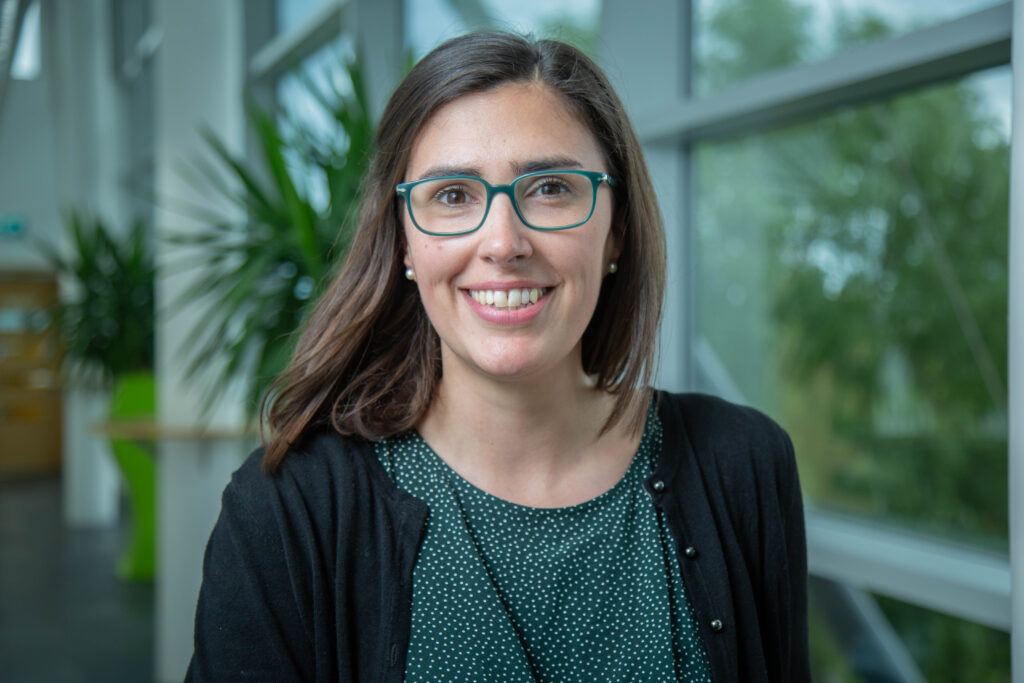 Climate change. It’s a subject that is starting to come up in conversations about all aspects of our lives. Are flood defenses high enough? How can we plan cities for the future? Are some areas of the world going to become unsuitable for human habitation?
Climate change. It’s a subject that is starting to come up in conversations about all aspects of our lives. Are flood defenses high enough? How can we plan cities for the future? Are some areas of the world going to become unsuitable for human habitation?
The science on climate change is clear: the climate is changing. Climate scientists around the world are continuing to refine their understanding of the drivers and impacts of climate change. However, these results often end up in scientific publications or global assessment reports that can be inaccessible to those without technical training.
The most recent report from the Intergovernmental Panel on Climate Change (IPCC), for example, was a staggering 3,949 pages long – and that’s just the section on the science of climate change. The reports on adaptation and mitigation were each almost as long. Not exactly something you want to dig into over a bowl of cornflakes.
There is a need for climate scientists and communicators to work together to bridge the gap between technical scientific information and non-technical users who want to understand the science to help inform decisions in their work and everyday life. The great thing about this is that there are lots of ways to do this including poetry, art, music, cartoons and podcasts, which I’ll focus on for the rest of the blog.
Podcasts, unlike 3,949-page science reports, are well suited to be enjoyed with a bowl of cornflakes or on the bus on the way to work. As a climate scientist at the Met Office, I spend most of my time reading technical articles on climate change, analyzing data, talking to people about climate change and writing reports. On my homeward commute, I want to learn about what’s going on in the world, but I don’t have any extra brain power left to read news articles or reports on technical subjects.
In steps the humble podcast. Over my 30-minute bus journey, I can learn about how gut health affects mental health, how agricultural practices can alter carbon storage in soils, or how rock-paper-scissors was used to decide the sale of a major art collection! There is absolutely no way I would have been able to read an article on any of those topics at the end of the day when my brain feels like it’s turned to mush, but listening to a podcast feels like a conversation with a friend. My favorite feature is that you can rewind 30 seconds if your brain accidentally has a snooze!
So how about climate science? Can we make it more accessible to a wider audience by sharing it in a friendly podcast format? We really hope so, as this is what Dr Doug McNeall and I try to create with the Mostly Climate podcast. Supported by producers Clare Nasir and Grahame Madge and edited by Adrian Holloway, we have conversations about climate-related topics that people want to know about but perhaps don’t have the time, energy or inclination to spend hours reading about.
When the IPCC released its new report on the science behind climate change (that’s the 3,949-page report I mentioned earlier), the Mostly Climate team dug into the content. We crafted an episode with some frequently asked questions at the beginning (a back and forth between Doug and me, trying to work out what new information had come out and why it mattered), followed by interviews with Met Office scientists who had led on writing different chapters of the report.
It’s not every day you have Dr Helene Hewitt OBE and Dr Chris Jones in your kitchen chatting to you about climate change while you eat your breakfast, but with the podcast you can have just that. We asked them, “What do you hope people take away from this report?” Helene wants you to know that “it’s only by limiting warming that we can reduce the rates of sea-level rise into the future” while Chris said, “There is a wide range of possible futures and we can still control which path we follow, but the actions that determine that need to be taken now.”
This is the kind of insight I want to get when I listen to podcasts, and as co-host of Mostly Climate I want to bring this content to our listeners. I use my background in climate science and the connections the team has within the Met Office and beyond to break down complex topics and bring expert insights to our audience. By doing this, we hope to make the mountains of data and information on climate change feel a little less overwhelming.
Climate change is a massive global challenge and to tackle it we need everyone to understand the science and solutions. If climate information is inaccessible to people, we can’t do this. Podcasts provide one way to tell stories about climate change, so I hope you’ll listen in and see what you think.
To download and listen to the Met Office’s Mostly Climate podcast, click here.


